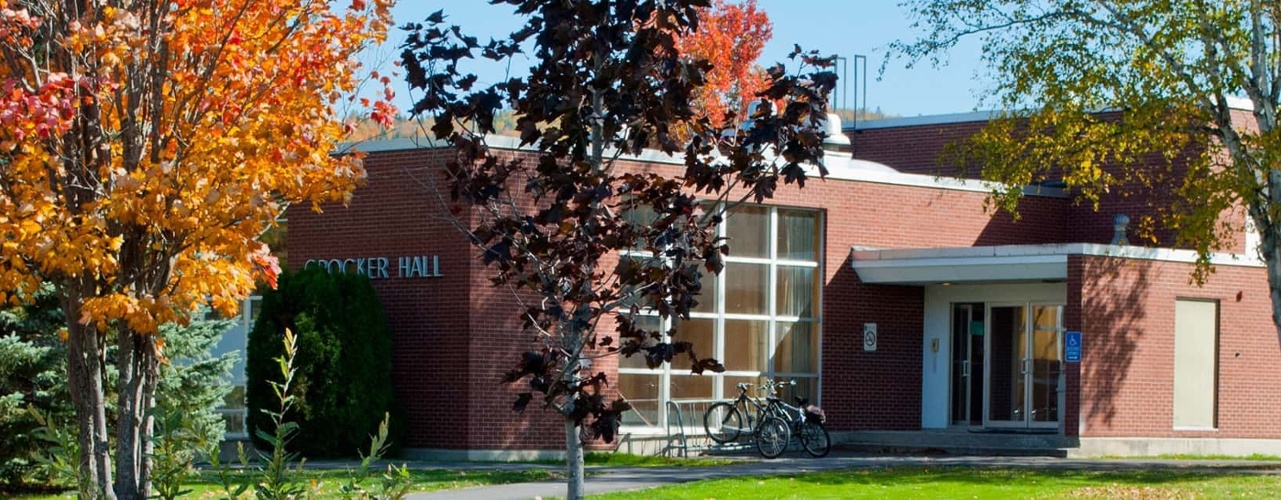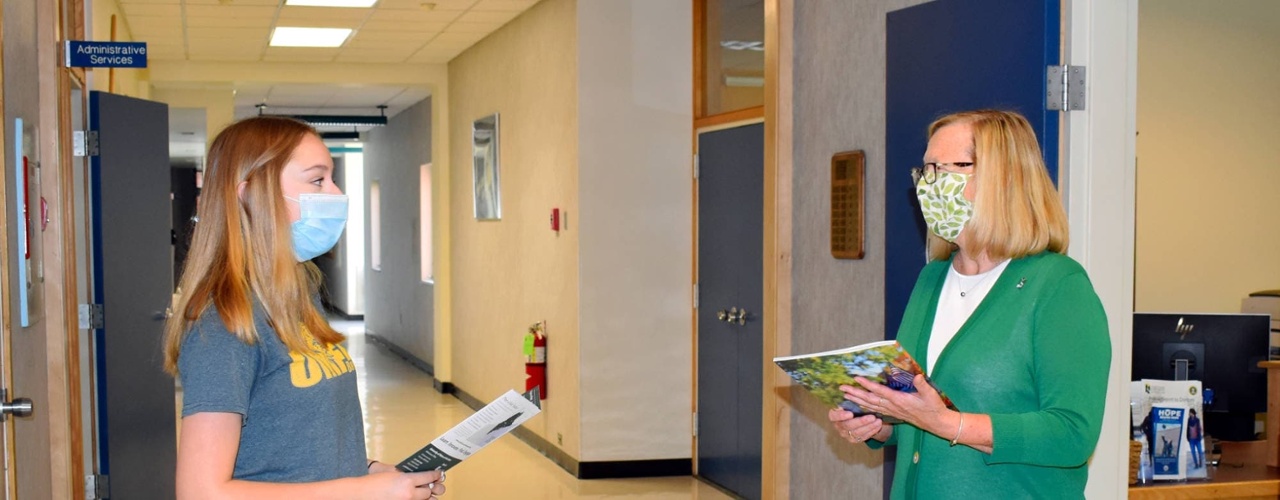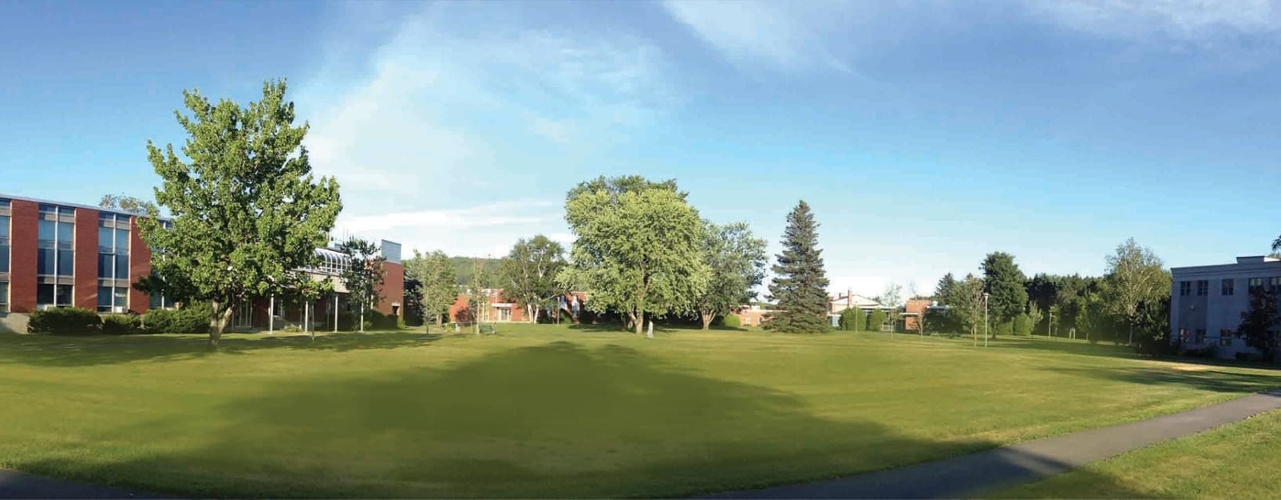
Latest News
Forestry business expert at UMFK
December 7, 2015
Note: this is an archived news release. As such, the information provided may no longer apply.
NR15086
Dr. Steve Bick began a one-week series of workshops at the University of Maine at Fort Kent on December 7 as part of a Libra Professorship focused on the business aspects of the forestry industry.
According to Applied Forest Management Program Coordinator Jeff Dubis, “This workshop will give them a better understanding of the financial aspects of running a logging business and how the decisions they make as foresters can impact the bottom line of their logging contractors. They will be better able to work with contractors to increase their operational efficiency which, in the end, would benefit all aspects of the industry.”
Dubis, who is also an instructor at UMFK, said there is a second purpose to the professorship. Along with the workshops, Dr. Bick will network with local logging contractors to start gathering data for his Northern Forest timber harvesting productivity index.
The index project, according to Dubis, could have significant implications for the local industry.
Dubis writes in the grant application, “Timber harvesting productivity in the Northern Forest region is quite variable.” A wide range of factors impact the productivity and many in the industry that the supply chain of forest products needs profitable harvesting businesses to succeed.
Dubis said, “There is far less agreement on how to safeguard profitability. One positive step toward increasing landscape-wide understanding of the logging business challenges would be the development of this region-wide productivity index.”
Bick will begin the first step by developing working relationships with local contractors in order to begin to collect the necessary production and machine hour data required to build an accurate harvesting index.
Students will assist Beck with the collection and analysis of data.
Dr. Bick also covers the topic of throughput accounting in his workshops. Dubis describes throughput accounting as a relatively new, simplified method of accounting that “provides business managers with support information that enables them to make decisions to improve profitability.”
Dr. Steve Bick is a consulting forester and principal in Northeast Forests, LLC. He holds a Ph.D. in Forest Management and Economics from Virginia Polytechnic Institute and State University. Bick is an adjunct professor in the Department of Forest and Natural Resources Management at SUNY College of Environmental Science & Forestry. He is the author of six books on forestry and conservation. A member of the Association of Consulting Foresters, he is also an SAF Certified Forester. As a trained forest economist, he is the source of expert advice on timberlands investments, stumpage appraisal, income and property taxes, Forest Tax Law enrollment and compliance, and conservation easement design.
Steve has extensive professional experience working with private forest landowners. In addition to his direct role in timber management operations on many large properties, he has provided long-term planning to meet the varied and multiple goals for family and community forest, as well as investors and educational groups.
In 2010, Dr. Bick developed Planning and Analysis in Timber Harvesting (PATH) through a grant awarded by the US Forest Service Wood Education and Resource Center. PATH is an interconnected series of Excel workbooks that allows the user to benchmark cost structures and project costs and return on investment for timber harvesting operations. PATH also allows the user to make comparisons for evaluating the purchase of new harvesting equipment. He conducts workshops throughout the Northeast which focus on training logging contractors and forest managers on the use of the program and the financial benefits that it can have.





